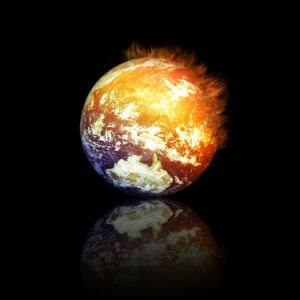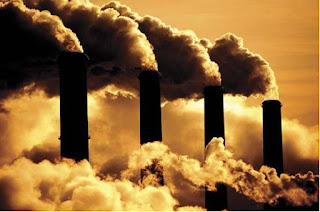
The global warming is consequence of the increase of the Greenhouse Effect.
Global warming has several important consequences: it causes ice melting, sea level rising and, consequently, floods on coastlands. Ecosystems are affected by climate changes as well. Natural disasters are stronger and more frequent… and so on.
All of these gases emissions contribute to the increasing of the greenhouse effect which affects the balance (talked on the preview topic): the incoming radiation becomes less than the outgoing one and, consequently, global temperature rises up. This is a vicious cycle because as the temperature rises up, more water will evaporate which affects the earth energy balance, consequently.
Global warming has several important consequences: it causes ice melting, sea level rising and, consequently, floods on coastlands. Ecosystems are affected by climate changes as well. Natural disasters are stronger and more frequent… and so on.
All of these gases emissions contribute to the increasing of the greenhouse effect which affects the balance (talked on the preview topic): the incoming radiation becomes less than the outgoing one and, consequently, global temperature rises up. This is a vicious cycle because as the temperature rises up, more water will evaporate which affects the earth energy balance, consequently.

